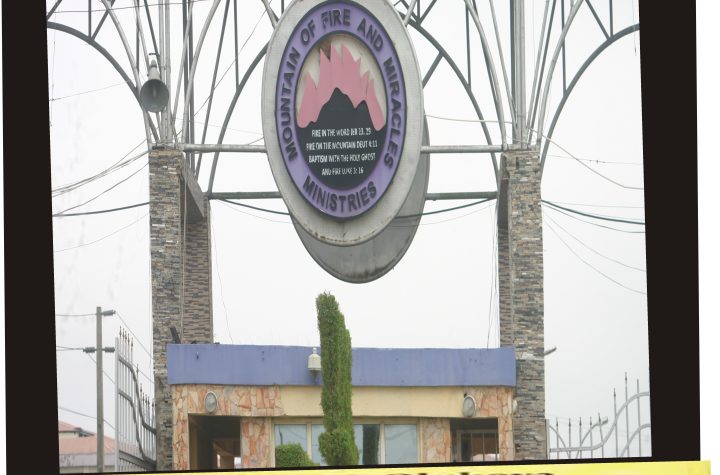By allcitynews.ng
The fear of job lost is shaking the atmosphere following the near-zero electricity supply and in-affordable cost of diesel cost.
Unless urgent steps are taken to address the situation, some firms may either close shops or relocate to other countries in order to remain in business as the harsh business environment coupled with multiple taxation are biting hard on them.
Already many of them who are facing serious conditions to stay afloat based on the high cost of diesel and non-avalability of electricity have pencil down some workers for retrenchment in order to prune cost of production.
Just as some manufacturers are considering relocating to neighbouring countries based on the harsh operating environment which has gone to extreme.
While speaking with allcitynews.ng, the National President, One Nigeria Empowerment Initiative Inc (ONEI)
Comrade John Onwumere Israel
said he wondered why the country’s leadership believes so much on importation-driven economy whereby they cannot afford to fix the existing refineries which would have saved the country from imported petroleum products.
Wondering why a country blessed with abudant natural resources could not manage such resources for the benefits of everyone, called on Federal Government to play its constitutional roles to the betterment of the country.
Noting that the refusal to listen to call by organised labour to make Nigeria self-sufficient with petroleum products is responsible for the current high cost of diesel triggered by the current Russian and Ukraine war.
“The high cost fueling of generators by manufacturers have put many of them out of business,. As at today many employers are toying with ideas to sack their employees in order to remain in business.
“The president of One Nigeria Empowerment Initiative Inc is using this medium to call on Federal government to take appropriate care of the Nigerians before hardship put them in their early graves. The essence of government in every country is to eliminate the people’s plight and provide all their basic needs. As the people drink water so machines drink diesel.”
Expressing his anger over the current situation while speaking with allcitynews.ng, one of unionists, Comrade Bello Mohammed said, why should employers always look at sacking of workers as easy way out of harsh economic downturn.
“It is not a good development that employers see workers as scapegoats. Whenever they are faced with little difficulty they believe sack of workers to reduce cost of production is the best way out.”
“Painfully, such employers are always slow in rewarding their workers whenever they are buoyant.”
That the effects of near-zero electricity supply, inffordability of price of diesel are biting hard, that banks have resorted to setting side of the use of airconditioners, reduce working hours to prune cost may not be news again to industry watchers.
This story became imperative as managements of banks have withdrawn use of airconditioners and manufacturers are now considering shutting down of operations or simply relocate to neighbouring countries in order to stay in business.
As at today, 15 Friday 2022, the cost of diesel is going between N800 and N1000 per litre, the Manufacturers Association of Nigeria (MAN) have raised the alarm over the impact the skyrocketing price of diesel, which coupled with the current poor electricity supply is making near impossible for them to continue to operate.
For example: Chairman of the Kwara/Kogi branch of MAN, Bioku Rahmon, while speaking with LEADERSHIP Newspaper, appealed to the states and federal governments to urgently come to the aid of the manufacturing industry, as energy cost was currently gulping above 50 per cent of their operating costs.
Unless urgent steps are taken by the Federal Government, the real sector may soon collapse and thousands of jobs would be lost, the association said.
This is as commercial banks in the country have devised cost saving measures to cope with the energy crisis with many reducing their operational hours to curb the impact of the rising cost on their operating expenses.













More Stories
Iron Rod & Steel Distributors Employers Union, indicts SON over substandard products
Amidst hardship, unemployment, National Association of Herbal Medicine Employer (NAHME) creates 1500 direct jobs
Nigerian workers have right to report employers over default of CPS payment-PenCom